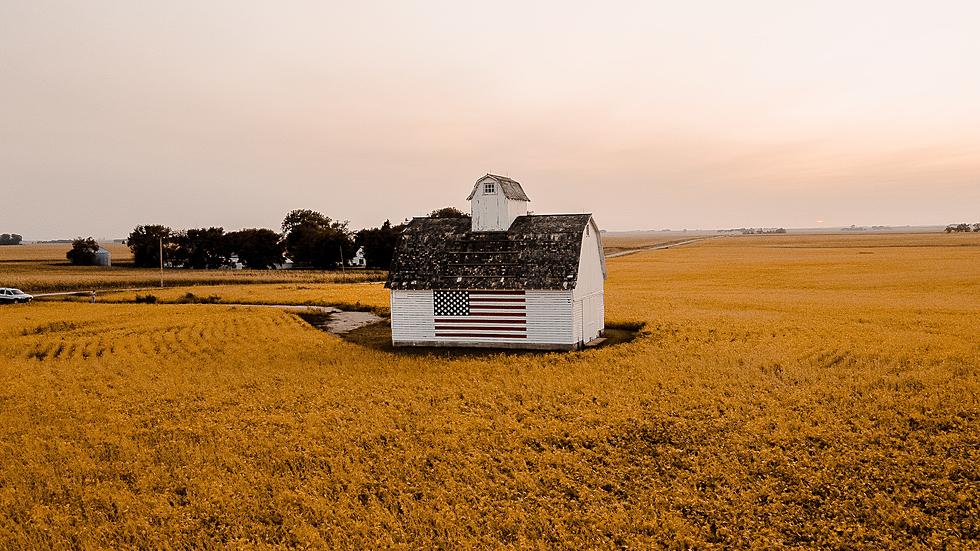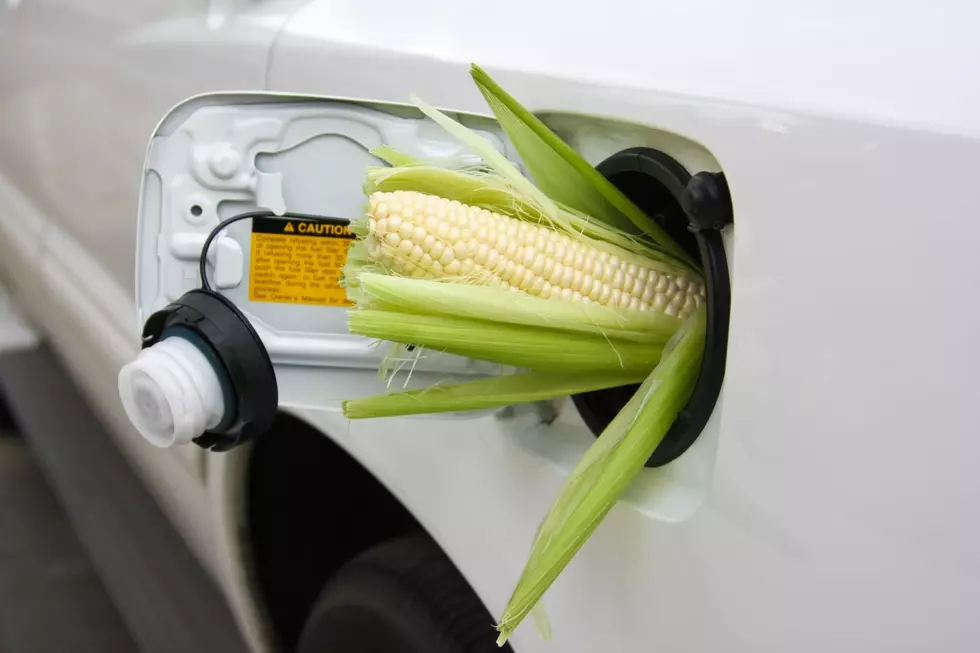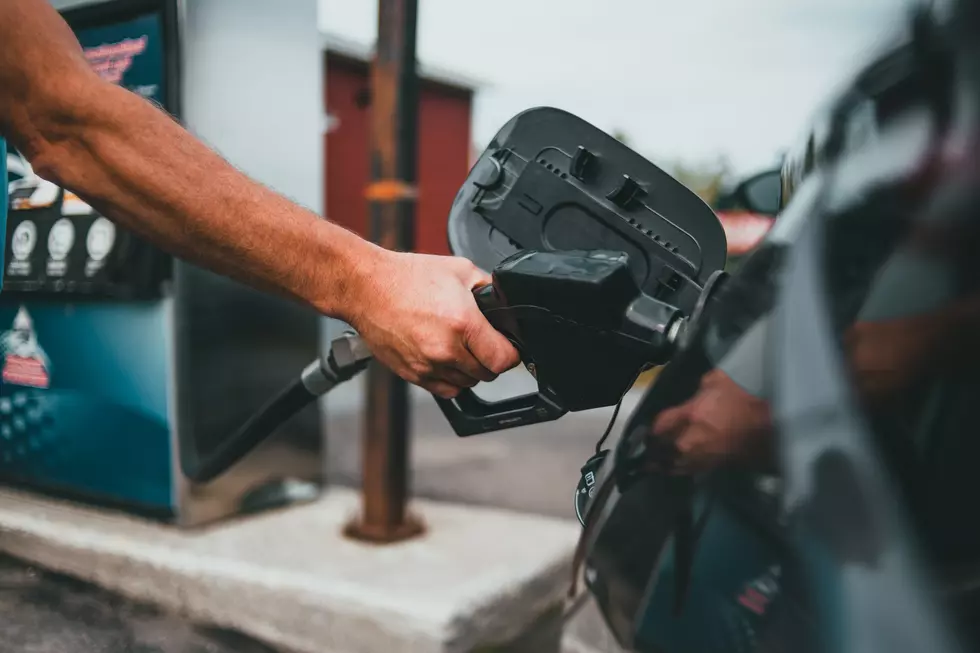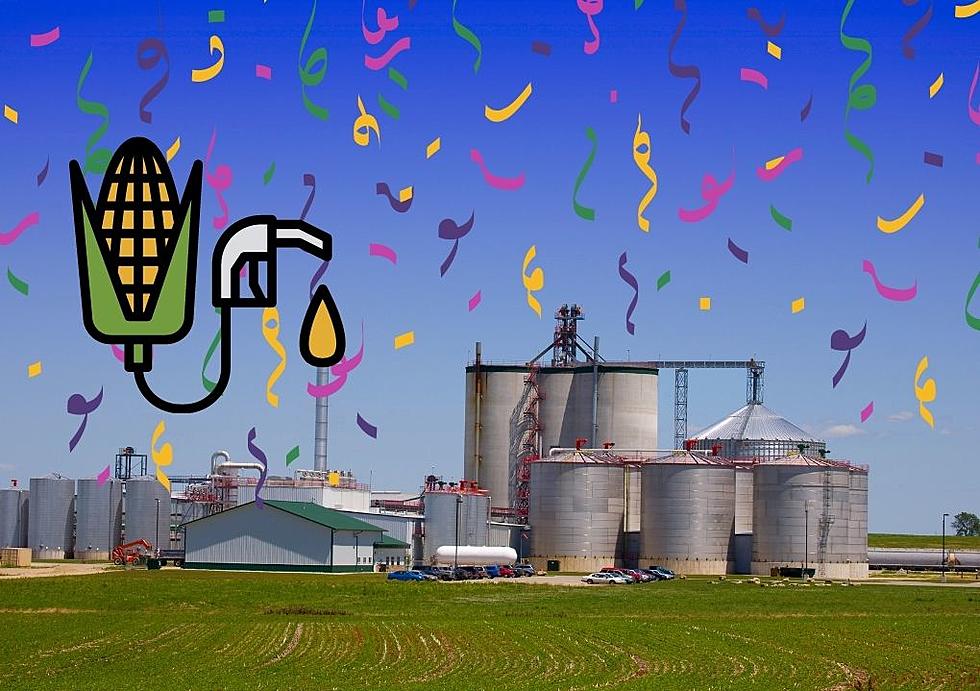
Study: Carbon Pipelines Are A “Game-Changer” For Ethanol
A recent study released by the Iowa Renewable Fuels Association concluded that up to 75 percent of Iowa ethanol production would be in jeopardy if the state were locked out of carbon capture and sequestration pipeline projects.

In 2022, more than half of Iowa’s corn crop went into the production of biofuels. That is 62 percent of the 2.48 billion bushels of corn grown in 2022 went into producing 4.5 billion gallons of ethanol. This was produced with the 42 ethanol plants in Iowa.
There are currently three carbon capture and sequestration (CCS) pipeline projects proposed that would cross through Iowa. The projects have sparked concern over whether eminent will be used to complete the projects.
The Inflation Reduction Act contains a revision that would create the 45Z tax credit for clean fuel production after 2024 and sell before 2028. According to the study, this tax credit would be a “game changer” for ethanol production.
Clean fuels such as ethanol which are produced with CO2 capture and sequestration via pipeline are the future for the renewable fuels industry. Iowa’s ethanol industry is at a crossroads – will it be positioned to be the leader in ethanol and other clean fuels or watch that future move over the horizon?
The study, conducted by Decision Innovation Solutions, an economic research firm focused on agribusiness, says that if Iowa loses 75 percent of its ethanol industry, the state’s economy would feel the loss, such as through lower corn prices. The state would also lose $10.3B a year in ethanol production.
Monte Shaw, executive director of the Iowa Renewable Fuels Association (IRFA) says the impacts of halting CCS projects would be seen by the end of the decade.
We were looking at a 75% integration of our current capacity which is somewhere in the neighborhood of 3.5 billion gallons, over a billion bushels. Local corn grind would follow that migration of ethanol production out of state which means the local basis is going to go down.
David Miller, Chief Economist of Decision Innovation Solutions adds that there would be some economic benefits to the state with these pipelines.
One of the upsides is that the tax credits, assuming Iowa ethanol plants are able to go on two pipelines and capture the 45Z producer tax credit, it is an additional $2.16 billion a year that would flow into the state.
Shaw says that the organization wants to draw awareness of the economic consequences at stake around carbon pipelines. He adds that people can still come to the opposite decision, but they want it to be an informed decision.
A Tour of Mueller Farms
See The Gleaner Centennial Combine
More From AM 950 KOEL







